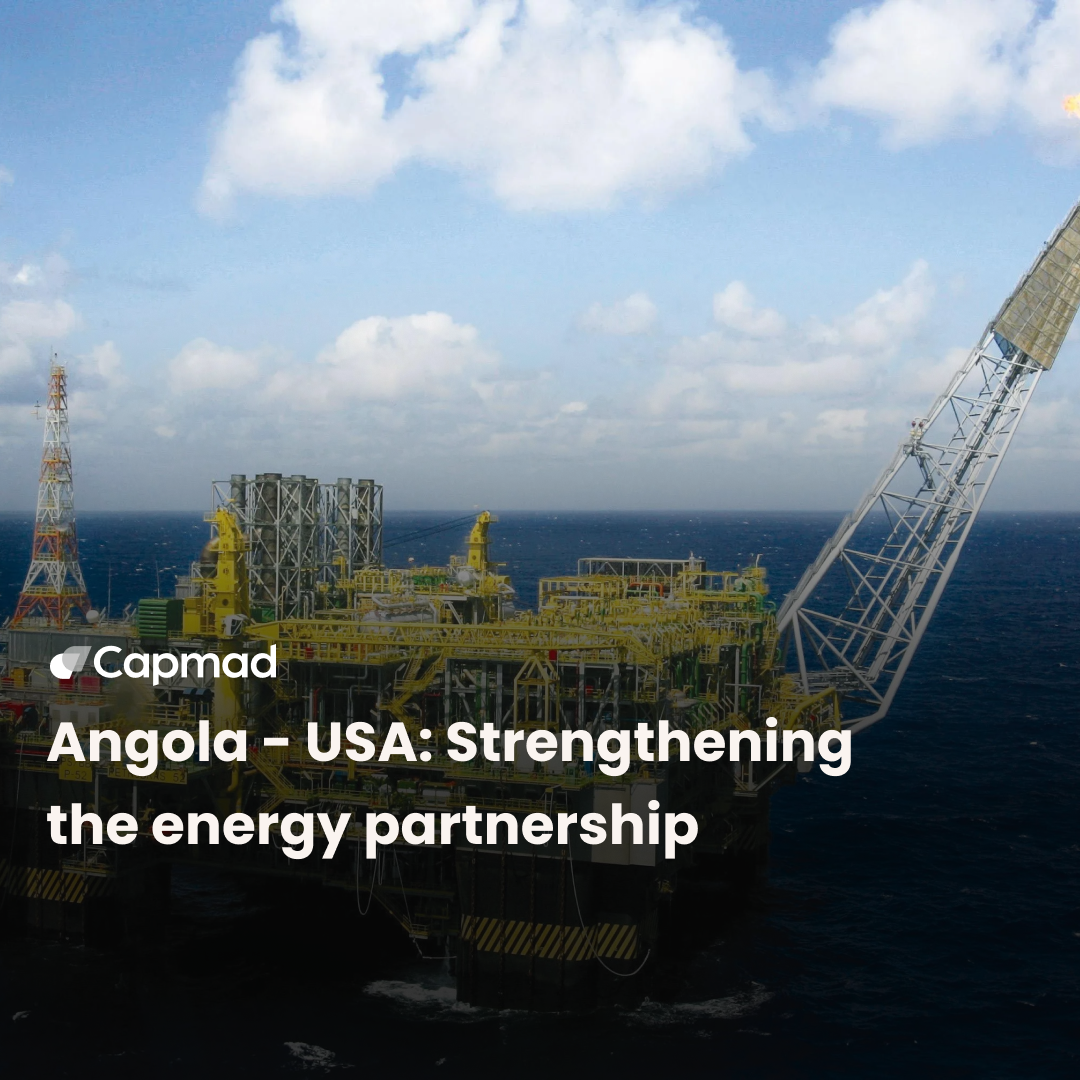Africa is facing challenges in financing its energy projects and providing electricity to its population. To address this issue, the African Petroleum Producers Organization (APPO) and the African Export-Import Bank (Afreximbank) are launching the African Energy Bank (AEB), which will become operational in the second half of 2024.
Introducing the pan-African institution
In response to the global energy transition that emphasizes renewable energies, the African Energy Bank (AEB) has been established to provide financing for fossil fuels in Africa gradually. Announced after COP 26 and officially launched at the 42nd session of the APPO Ministerial Council in May 2022, the AEB seeks to fill the funding gap left by Western institutions.
The APPO Secretary General and the Director of the Africa Energy Investment Corporation (AEICORP) are working with Afreximbank to advance this project. The official launch of the AEB took place on June 3, 2024, in Cairo. South Africa, Algeria, Benin, Côte d’Ivoire, Ghana, and Nigeria are competing to host the headquarters of this new institution.
AEB organizational structure : Contributors and beneficiaries
The African Energy Bank (AEB) has been launched with an initial capital of USD 5 billion, with plans for rapid expansion to address the growing needs of Africa’s energy sector. The main contributors are the member countries of the African Petroleum Producers Organization (APPO) and Afreximbank, each committing USD 83.33 million. Ghana, Nigeria, and Angola have already made their initial contributions, while Benin and Côte d’Ivoire are expected to pay 25% of their contributions soon.
Beneficiaries of AEB services include :
- Countries that have ratified its founding treaty
- National hydrocarbon and energy companies
- Any entity contributing to the development of the energy industry in member countries.
Objective : Development and the fight against energy poverty
The African Energy Bank (AEB) is designed to address the financing shortfall for fossil fuel energy projects in Africa and to revamp the continent’s hydrocarbon industry with a focus on the domestic market. This approach aims to tackle the challenges of the energy transition facing African economies.
Many African leaders back the creation of the AEB due to their economies’ heavy reliance on fossil fuels. The President of Afreximbank highlights the continent’s energy dilemma: while there are promises of funding for green projects, fossil fuel investments are often overlooked. The AEB aims to balance efforts to reduce carbon emissions and address climate change impacts, while also managing the economic challenges associated with this transition.
Challenges and impact on Africa’s energy transition
The push to end fossil fuel financing in Africa has sparked significant backlash, with critics highlighting the continent’s underdevelopment and its reliance on fossil fuels for economic growth. Unlike Western countries, Africa cannot easily transition away from hydrocarbons, which are crucial for many of its economies. Despite contributing less than 4% of global greenhouse gas emissions, African nations face strong pressure to adopt green energies.
In contrast, over 50% of the European Union’s industrial energy mix still depends on fossil fuels, and Europe is increasing its imports of African gas and coal due to disruptions in global supplies from the Russian-Ukrainian conflict. According to the International Energy Agency, global demand for fossil fuels is expected to peak soon.
Reconciling the energy transition and the industrialization of the continent
Dr. Omar Farouk Ibrahim, Secretary General of the APPO, expresses regret that Africa’s energy transition concerns are primarily centered around inadequate financing. The proposed funds are minimal compared to the climate injustices faced by the continent, and promised funding is slow to materialize. Meanwhile, 900 million Africans lack access to modern energy, and over 640 million are without electricity.
Africa should not abandon its energy resources. With 125 billion barrels of proven crude oil and over 650 trillion cubic feet of natural gas, these resources could help alleviate energy poverty. The APPO, in establishing the AEB, does not oppose the energy transition or the continent’s role in addressing global climate challenges. Instead, the pan-African organization advocates for a balanced approach that maintains economic stability.






